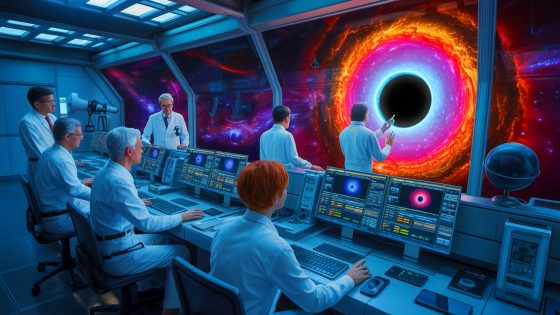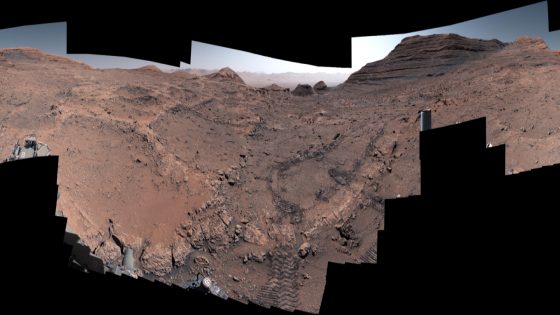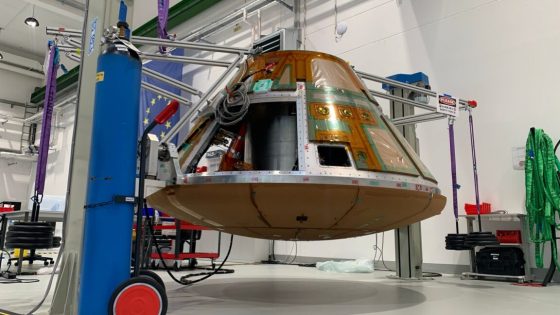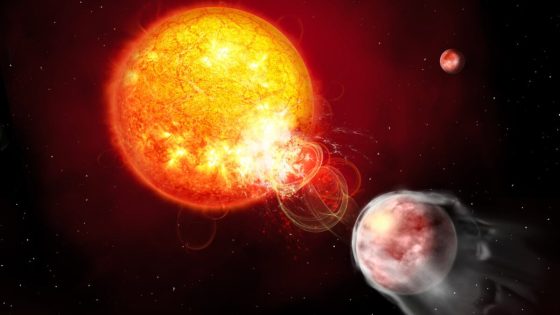Artificial intelligence (AI) is revolutionizing our understanding of black holes, particularly through the groundbreaking work of the Event Horizon Telescope (EHT). On June 16, 2025, researchers revealed that Sagittarius A*, the supermassive black hole at the center of our Milky Way, spins at nearly its maximum speed, challenging existing theories.
- Event Horizon Telescope studies supermassive black holes.
- AI analyzes complex black hole data effectively.
- Sagittarius A* spins at near-max speed.
- AI enhances resolution of EHT observations.
- Discoveries impact understanding of cosmic processes.
- Future AI applications promise more revelations.
This remarkable discovery showcases AI’s potential to analyze complex astronomical data, offering new insights into the dynamics of black holes. By utilizing neural networks, scientists can interpret previously discarded data, unlocking secrets of these cosmic giants.
The implications of Sagittarius A*’s high rotational speed are profound. This finding raises essential questions about black hole dynamics and their influence on surrounding galaxies. Key points include:
- Understanding the behavior of accretion disks around black holes.
- Predicting radiation emissions and their effects on star formation.
- Challenging existing theoretical models of black hole dynamics.
As AI technology continues to evolve, it promises to unlock even more secrets of the cosmos. What other cosmic enigmas lie in wait, ready to be revealed by the fusion of advanced technology and human curiosity?

































